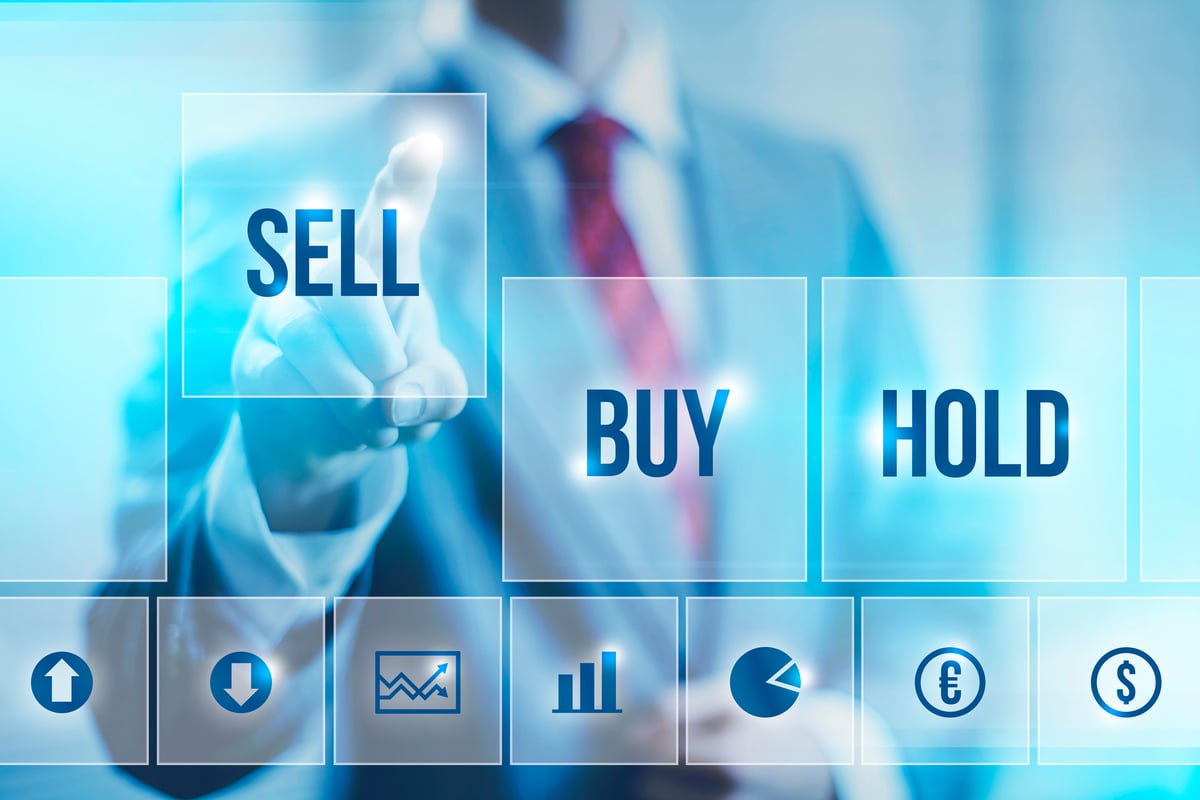"Where your treasure is, there will your heart be also."
Those profound words were spoken nearly 2,000 years ago. They were true then, and they're still true today. But even when your treasure is divided equally, some of the places where the money is placed will be closer to your heart than others.
That's the case for me with AbbVie (ABBV 0.31%). My investment portfolio includes quite a few stocks with roughly the same amount invested in each initially. AbbVie, though, is one of my favorites. Here's why I love the biotech stock.

Image source: Getty Images.
Returning the love
One of the best things about AbbVie is that it returns the love to shareholders. I'm talking about dividends and share buybacks. Both moves reward investors -- and there's plenty to like about AbbVie on both fronts.
If you include the time when AbbVie was part of Abbott Labs, the company claims an impressive streak of 44 consecutive years of dividend increases. But even if you only look at the period after AbbVie's spin-off from Abbott Labs in 2013, the biotech still has a tremendous track record for dividends. AbbVie has raised its dividend every year since becoming a separate entity for a total of 60%. Its yield now stands at 3.58%.
The company has also been generous with share buybacks. AbbVie repurchased $7.8 billion worth of its stock in 2015 and $2.1 billion last year. So far in 2017, the biotech has bought back $500 million of its shares, with another $4.5 billion remaining in a stock repurchase authorization made by its board of directors earlier this year.
Growing affection
There are few things that warm the hearts of investors like the potential for solid earnings growth in the future. AbbVie should be able to deliver average annual earnings growth of around 14% over the next five years.
Humira will continue to be the most important key to AbbVie's financial fortunes. The autoimmune-disease drug generated revenue of $16.1 billion in 2016 and is on track to make even more money this year. AbbVie's fastest-growing blockbuster drug right now, though, is Imbruvica. The cancer drug raked in $1.8 billion in 2016 and could achieve annual sales of $5 billion within a few years.
A couple of other current products in AbbVie's lineup could also be big winners down the road. AbbVie won U.S. regulatory approval for Mavyret for treating all major genotypes of hepatitis C in early August. The drug could give Gilead Sciences a run for its money in the hepatitis C market. AbbVie's leukemia drug Venclexta also has blockbuster potential.
It's AbbVie's pipeline, though, that really excites investors. Market research firm EvaluatePharma thinks the biotech has the No. 3 pipeline in the biopharmaceutical industry. AbbVie should be able to preserve its leadership position in autoimmune diseases with late-stage candidates such as upadacitinib and risankizumab. Promising experimental cancer drugs in AbbVie's pipeline include Rova-T and veliparib. Elagolix could allow the company to make its mark in treating endometriosis and uterine fibroids.
Don't go breaking my heart
AbbVie has a lot of great things going for it. There's one possibility, however, that could shake investors' confidence in the stock: a freefall in sales of Humira.
Amgen (AMGN +0.18%) won U.S. regulatory approval for its biosimilar to Humira last year. So far, though, Amgen hasn't launched the biosimilar, branded as Amjevita, because of a patent lawsuit filed by AbbVie. AbbVie's management team thinks it will be able to fend off biosimilar competition in the U.S. through 2022. That would give the company time to commercialize some of its pipeline candidates that could help offset declining sales for Humira.
I wouldn't expect Humira's sales to implode even if AbbVie loses its lawsuit. If the company isn't successful, though, that will definitely be a heart-breaker for shareholders -- including yours truly.









